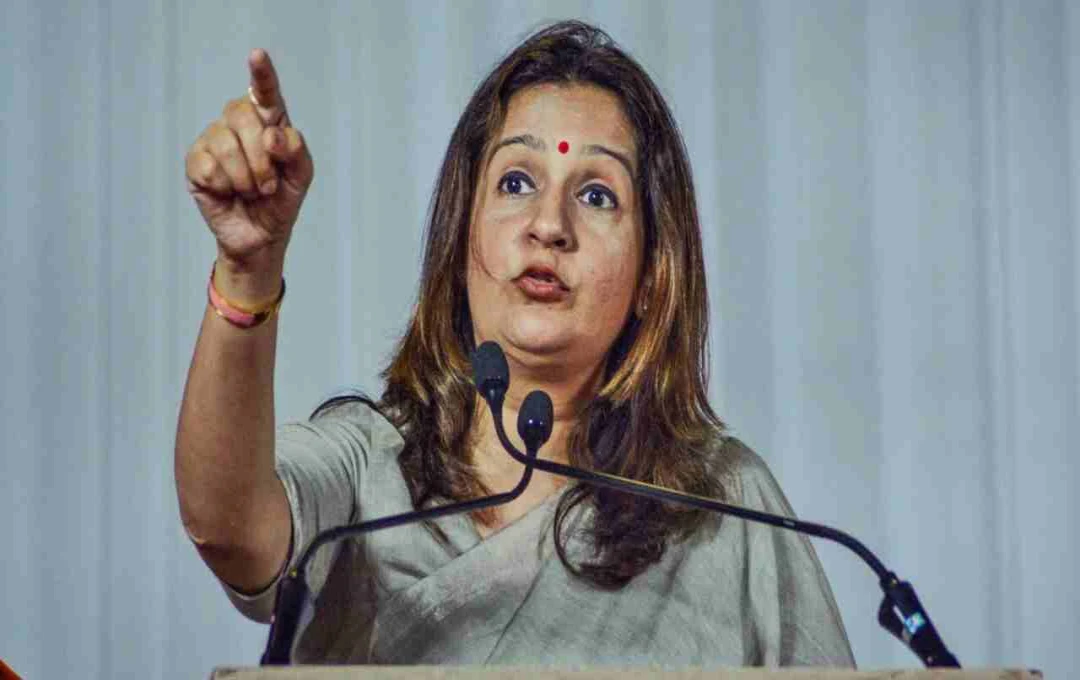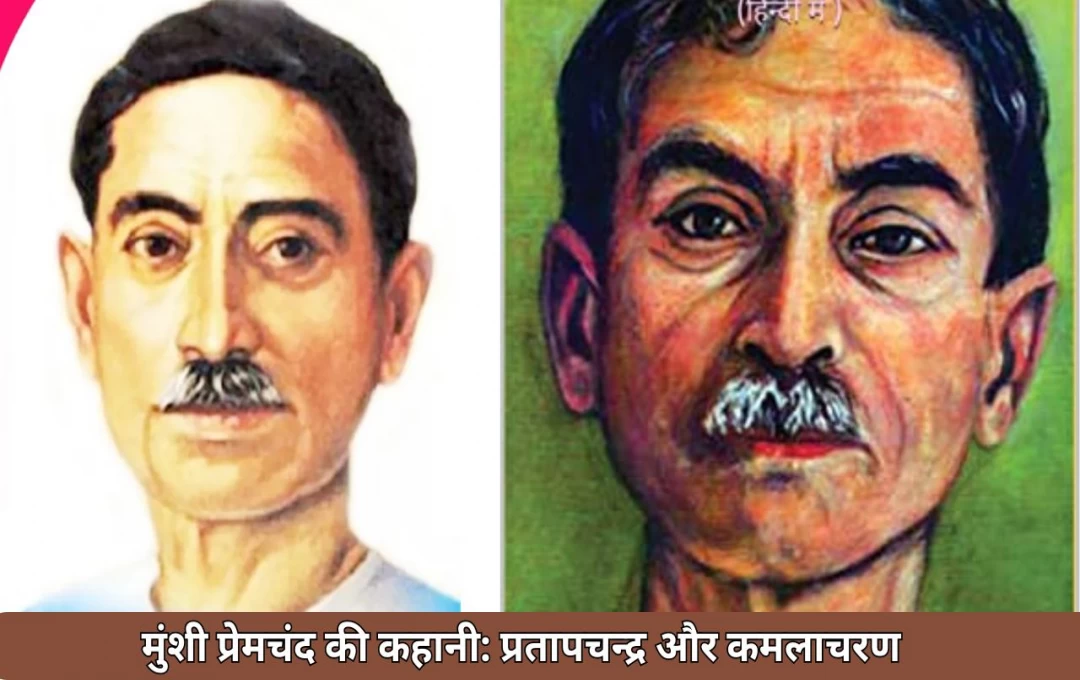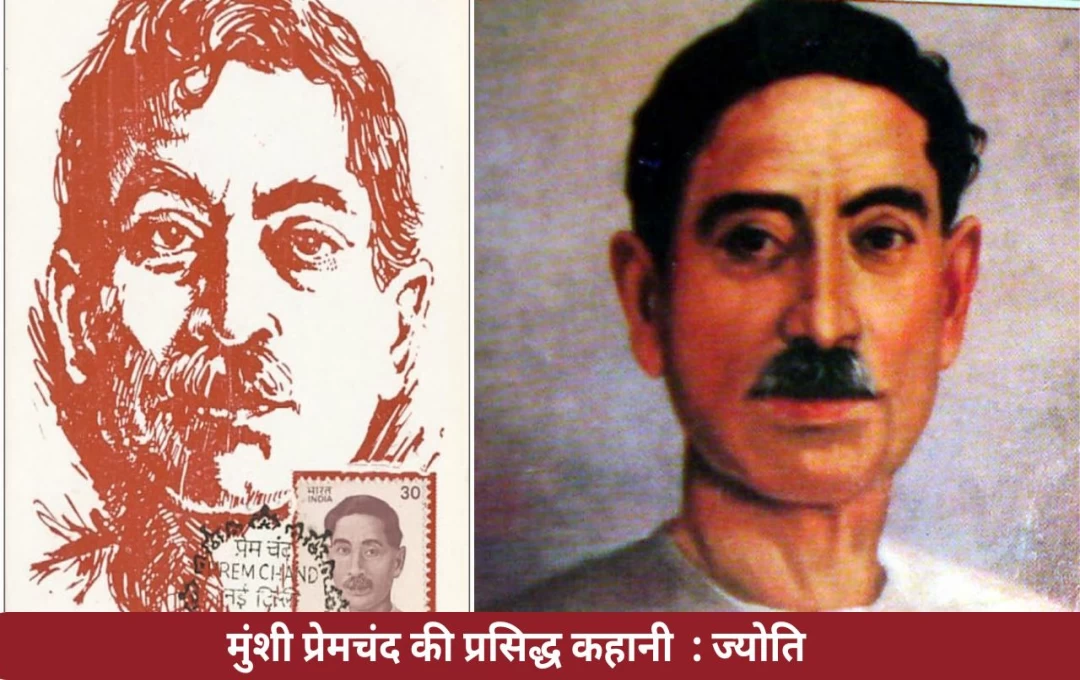Baba Ramdev ji is a prominent symbol of yoga, Ayurveda, and social consciousness. Through Patanjali Ayurveda, Yogpeeth, and yoga camps, he has taken health, indigenous products, and social awareness to a global level.
Swami Ramdev ji: India is a country known worldwide as the land of yoga, spiritual practice, and Ayurveda. Baba Ramdev ji is credited with bringing this sacred tradition to the common people in modern times. Baba Ramdev is not just a yoga guru, but also a social reformer, businessman, and health revolutionary. His yoga camps, Patanjali Ayurveda, and Patanjali Yogpeeth have established the importance of yoga and natural healing in India and the world.
In this article, we will provide a detailed analysis of Baba Ramdev ji's life, teachings, contributions to yoga and Ayurveda, social activities, and controversies.
Early Life and Education
Baba Ramdev ji was born as Ramkrishna Yadav (Ram Kishan Yadav) in the village of Alipur in the Mahendragarh district of Haryana. He was born into a poor and uneducated farming family, with his father Ram Niwas and mother Gulabo Devi. From childhood, his left side of the face was partially paralyzed, but this never diminished his courage and self-confidence.
Initially, Ramdev ji studied at the government school in Shahbazpur. He completed his education up to the eighth grade and then moved towards the Gurukul system. At the age of around nine, he went to a Gurukul in Khanpur, where he received education in Sanskrit, scriptures, yoga, and meditation. During this time, he met Balkrishna, who later became his associate and co-founder of Patanjali Ayurveda.
From 1984 to 1989, Ramdev ji studied at Arsh Gurukul Mahavidyalaya. At the age of 14, he began deep spiritual practice and yoga under the guidance of Acharya Baldevji in Kalva. Thereafter, in 1992, he went to Haridwar and received further education in yoga and meditation at the Kripalu Bagh Ashram. It was here that he embraced sanyasa (renunciation) and adopted the name Ramdev.
Beginning of Bringing Yoga to the Masses

Ramdev ji's primary objective was not to confine yoga only to practitioners. He worked to make yoga a part of common life. Since 2002, he has been organizing large yoga camps where thousands of people participate in his yoga sessions.
His yoga sessions include breathing techniques (pranayama), meditation, and asanas. He believes that yoga is not just a means for physical health, but also for mental and spiritual development.
Patanjali Ayurveda Made a Mark in Indian FMCG
In 2006, Ramdev ji, along with Balkrishna, established Patanjali Ayurveda and Patanjali Yogpeeth. Patanjali Ayurveda revolutionized the field of Ayurvedic products and natural healing.
Promoting the Swadeshi movement, Ramdev ji inspired Indian citizens to boycott products from multinational companies and adopt Ayurvedic products. Patanjali Ayurveda is today one of the fastest-growing FMCG companies in India, with its revenue reaching ₹10,664.46 crore in FY 2022.
A Major Center for Yoga and Ayurveda
Patanjali Yogpeeth, located in Haridwar, is a major center for the promotion of yoga and Ayurveda. Here, students are trained in yoga, meditation, Ayurveda, and ancient Indian medical systems.
Patanjali Yogpeeth has also established an international presence. Its institutions have been set up in the UK, USA, Nepal, Canada, and Mauritius. Under Ramdev ji's leadership, extensive religious and yoga education is imparted here to ascetics and students.
Ramdev ji Led Movement Against Corruption
Ramdev ji is not just a yoga exponent; he has also played an active role in many social and political movements. In 2011-2012, he led a protest against corruption in India. His main objective was to add punitive powers to the Jan Lokpal Bill and ensure the return of black money.
Ramdev ji continued his Satyagraha during this movement and organized massive public gatherings at Delhi's Ramlila Maidan. His movement received support from various sections of society and civil activists like Anna Hazare.
Ramdev Ji Faced Controversies and Criticism

Ramdev ji's life has also been marked by controversies. Some people criticize his remarks on modern medicine and Ayurveda. Furthermore, misleading advertisements for some Patanjali Ayurveda products and quality disputes have landed him in legal troubles.
The incident with the Delhi Police during his anti-corruption movement in 2011 and his fleeing to Haridwar disguised in women's attire became subjects of media discussion. Despite this, Ramdev ji never compromised on his mission and message.
Ramdev Ji Advocated a Healthy Life Through Yoga and Ayurveda
Stress, lifestyle diseases, and mental health issues are common in modern life. Ramdev ji presented yoga and Ayurveda as solutions to these problems. According to him, regular yoga practice, pranayama, and natural remedies can lead to physical, mental, and spiritual well-being.
His teachings make it clear that health should be not only physical but also mental and spiritual.
Global Recognition
In April 2022, The Indian Express listed Ramdev as the 78th most powerful person in India. He has promoted yoga and Ayurveda in many countries and represented India's cultural and health traditions on international platforms.
Baba Ramdev ji's life teaches us that yoga, Ayurveda, and social service are not limited to individual well-being but are also extremely important for society and the nation. His efforts have not only made millions of people healthy and empowered but have also given global recognition to Indian cultural and spiritual traditions.















